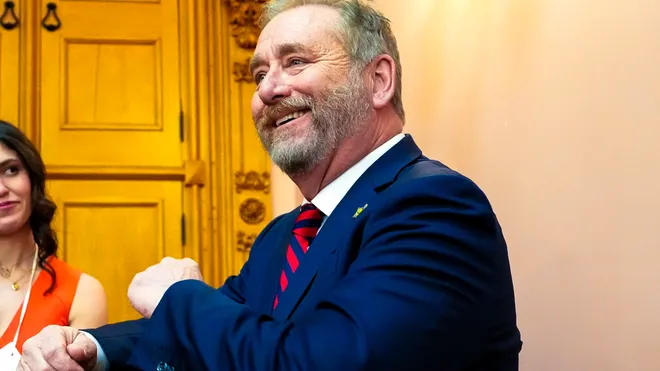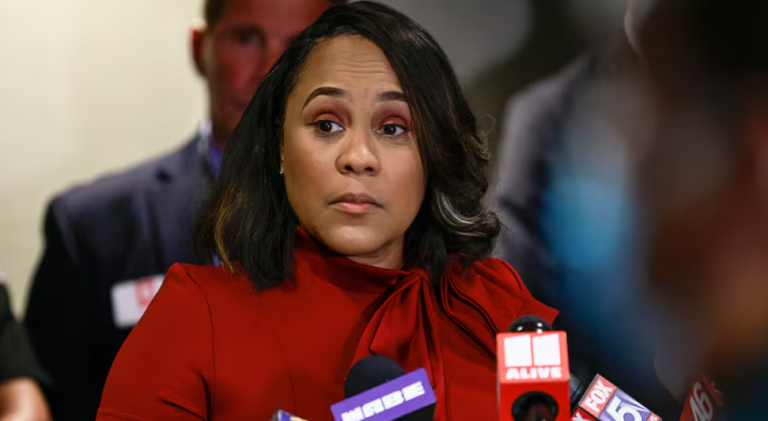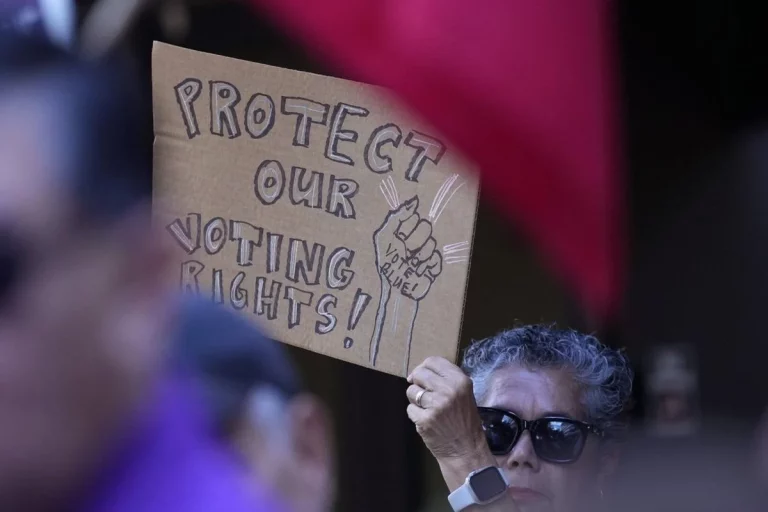Zelenskyy to Meet Putin in Turkey Amid Rising Ceasefire Demands
A major diplomatic breakthrough is in the offing as Ukrainian President Volodymyr Zelenskyy will meet Russian President Vladimir Putin in Turkey on May 15. The encounter, if it takes place, would be the first direct one between the two presidents since the Russia-Ukraine conflict broke out in 2022. While hopes are building for a quick breakthrough, the path to peace continues to be characterized by international pressure, competing agendas, and lingering mistrust.
The announcement came after a dramatic Kremlin about-turn, during which Putin signaled that he was willing to sit down face-to-face with Ukraine. The move, after months of diplomatic quiet, has sparked renewed optimism and skepticism in capitals worldwide. Zelenskyy greeted the invitation with cautious optimism before later confirming that he would attend the summit, saying, “I will be waiting for Putin inTürkiye on Thursday. Personally.”. I hope the Russians this time will not seek excuses,” he posted on X (formerly Twitter).
Why This Meeting Matters
This is not another gesture towards diplomacy; it’s the first genuine indication in a while that the tide of war is beginning to turn in the direction of negotiations. The conflict, in its third year, has claimed tens of thousands of lives, forced millions out of their homes, and interrupted global food and energy supplies. Previous peace efforts have collapsed at the start of skirmishes, leaving a sour taste of dashed expectations and shattered ceasefire agreements.
This time, though, more is at stake. There is a growing louder cry of world public opinion demanding that the conflict be lessened right away, and with everyone watching, both leaders have huge pressure to sit down and produce something worthwhile.
International Pressure Builds
The demand for fresh peace negotiations increased following a Saturday visit by European leaders to Kyiv. New German Chancellor Friedrich Merz, Polish Prime Minister Donald Tusk, and French President Emmanuel Macron collectively issued an ultimatum to Moscow: sign an unconditional 30-day ceasefire on Monday or expect new tough sanctions.
Supported by this European position, Merz underlined that the talks “cannot start until guns fall silent.” Poland’s Tusk repeated him on this, appealing to Russia to provide a “clear and immediate commitment” to the ceasefire. Macron went one step further, describing the Russian proposal as “not enough” and taking any hope of progress off the table if Moscow fails to act.
Trump’s Surprising Role
Shaking up the diplomatic hyperbole into a dramatic turn, ex-US President Donald Trump made a public intervention. Taking advantage of his platform on Truth Social, Trump urged Zelenskyy to “immediately” accept Putin’s invitation and go ahead with talks in Turkey. “HAVE THE MEETING, NOW!!!” he wrote in all caps, urging haste.
Zelenskyy’s proposal to fly within an hour of Trump’s tweet fanned rumors about whether the latter’s words had been the trigger for Kyiv’s initiative. Trump himself has been a marginal figure in the Ukrainian conflict in recent years, but his shocked and public support for the negotiations added another twist to the scandal.
Not everyone bought Trump’s confession. Former Trump administration special envoy to Ukraine Keith Kellogg joined the Europeans. He cautioned that “a ceasefire must precede any talks, not the other way round,” which is one giant concern for Kyiv’s Western allies: the possibility that Russia will use negotiations as a stalling tactic and refuse to make real concessions.
Ceasefire Still a Sticking Point
Perhaps the greatest challenge to the negotiations in the path ahead is the ceasefire or its absence. Although Putin reportedly called a three-day temporary ceasefire, it does not amount to the unconditional, open-ended suspension of hostilities being demanded by Ukraine and the West.
Zelenskyy initially greeted Putin’s move as a “positive sign” but remained adamant that Moscow will need to sign up to Ukraine’s freshly drawn-up ceasefire proposal before anything concrete is afoot. Up to now, there has been no clear suggestion that Russia will be willing to do so.
The controversy surrounding the ceasefire is not a matter of procedure, but of deeper distrust. It is generally felt that it would permit Russia to regroup troops and play political games if negotiations were to take place without a solid ceasefire.
A Glimmer of Hope?
In spite of the tensions and conflicting opinions, the proposed Turkey meeting is a relatively rare opportunity for diplomacy in a war thus far immune to all efforts at a peaceful conclusion. The fact that the meeting will take place in the city of Istanbul itself is in itself one which has been the site of international negotiations previously and is a more neutral ground more favorable to discussion.
It is unclear whether and how this summit will transcend empty rhetoric and result in concrete action towards peace, or if it will be merely another failed chapter in the ten-year war. Not only are individuals keeping their breath as they observe the theatrics of two warlords sitting in the same room as one another, but they are also observing backroom politics.
Will humanitarian corridors be negotiated? Will any ceasefire be negotiated, period, in the long run? Will either side be interested in compromise?
The Global Stakes
This is not Europe’s issue. Whatever occurs here affects world supply chains, energy prices, and world geopolitics. Nations distant from Europe are observing to determine whether this summit can be the start of a game of ending to a war already having significant global implications.
For the moment, the world is holding its breath as Ukraine and Russia will shortly be facing each other across one another’s faces—in a Turkish room. Whether it leads to peace or another diplomatic face-off only time will tell.





